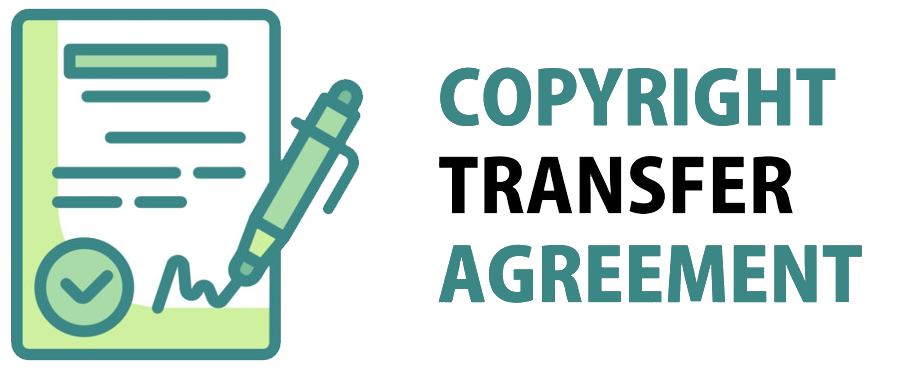Principals’ Effective Task Performance: A Tool for Proper Education Delivery in Nigerian Secondary Schools
Abstract
Keywords
Full Text:
PDFReferences
Abdulrasheed, O., & Bello, A. S. (2015). Challenges to Secondary School Principals’ Leadership in Northern Region of Nigeria. British Journal of Education, 3(3), 1–5.
Aghenta, J. A., & Omoregie, E. O. (2006). Fundamentals of Educational Management. Agbor: KRISBEC publications.
Akpagwu, S. O. (2012). Educational Management: Theory and Practice. Markurdi: Destiny Ventures.
Akpan, C. P. (2016). Leadership Qualities of and Administrative Task Performance Effectiveness of Secondary School Principals in Akwa Ibom State, Nigeria: Teachers’ Perspective. International Journal of Education and Research, 4(6), 237–248.
Anuli, C. V. (2014). Assessment of School Principals Mentorship of Subordinates in Imo State Secondary. University of Nigeria.
Ekundayo, & Timilehin, H. (2010). Administering Secondary Schools in Nigeria for Quality Output in the 21St Century: The Principals’ Challenge. European Journal of Educational Studies, 2(3), 2010.
Federal Republic of Nigeria. (2014). National Policy on Education. Abuja.
Jaiyeoba, A. O., & Atanda, A. I. (2005). Quality Sustenance in Nigerian Educational System Challenges to the Government: In G. O. Akpa, S. U. Udoh and E. O. Fagbamiye, (Eds) Deregulating the provision and management of education in Nigeria (Jos, Ed.). Ginac Concept Ltd.
Kelechukwu, N. (2011). Analysis of Administrative Roles of Principals in Private Secondary Schools in Aba Education Zone of Abia State. Continental J. Education Research, 4(1), 18–27.
Lunenburg, F. C., & Ornstein, A. C. (2008). Educational Administration: Concepts and Practices. USA: Wadsworth.
Maduabum, M. A. (2002). Occupational Stress Factors Among Secondary School Principals in Abia State, Nigeria. International Journal of Educational Planning and Administration, 1(1).
Ogundele, M. O., Sambo, A. M., & Bwoi, G. M. (2015). Principals ’ Administrative Skills for Secondary Schools in Plateau State , Nigeria. 2(1), 90–96.
Owojori, A. A., & Asaolu, T. O. (2010). Critical Evaluation of Personnel Management Problems in the Nigerian School System. International Journal of Educational Sciences, 2(1), 1–11.
Sharma, S. (2011). Attributes of School Principals- Leadership Qualities & Capacities. 1–7.
Uyanga, R. E. (2007). The Principal and Education Reform Agenda of The Nigerian Economic Empowerment Development Strategy (NEEDS) and The Millennium Developmental Goals (MDGs). Proceeding of the 2nd Annual National Conference of Association for Encouraging Qualitative Education in Nigeria (ASSEQEN).
DOI: http://dx.doi.org/10.22441/jiess.2020.v1i2.003
Refbacks
- There are currently no refbacks.
Copyright (c) 2020 Journal of Islamic Economics and Social Science (JIESS)

This work is licensed under a Creative Commons Attribution-ShareAlike 4.0 International License.
Journal of Islamic Economics and Social Science (JIESS)
|
|
Print ISSN: 2722-7499 |
|---|---|
| Online ISSN: 2722-7111 |

This work is licensed under a Creative Commons Attribution-ShareAlike 4.0 International License.
Editorial Team Office
Journal of Islamic Economics and Social Science (JIESS)
Ikatan Ahli Ekonomi Islam (IAEI)
Komisariat: Universitas Mercu Buana
Faculty of Economic and Business Building
Jl. Raya Meruya Selatan, Kembangan, Jakarta-11650
Telp.021-5840816 Ext. 5342, Fax. 021-5871312
Email: [email protected].
Website: http://publikasi.mercubuana.ac.id/index.php/jiess



















